Trends are changing when it comes to the demographics of people serving as caregivers for their loved ones, but so is the availability of support resources.
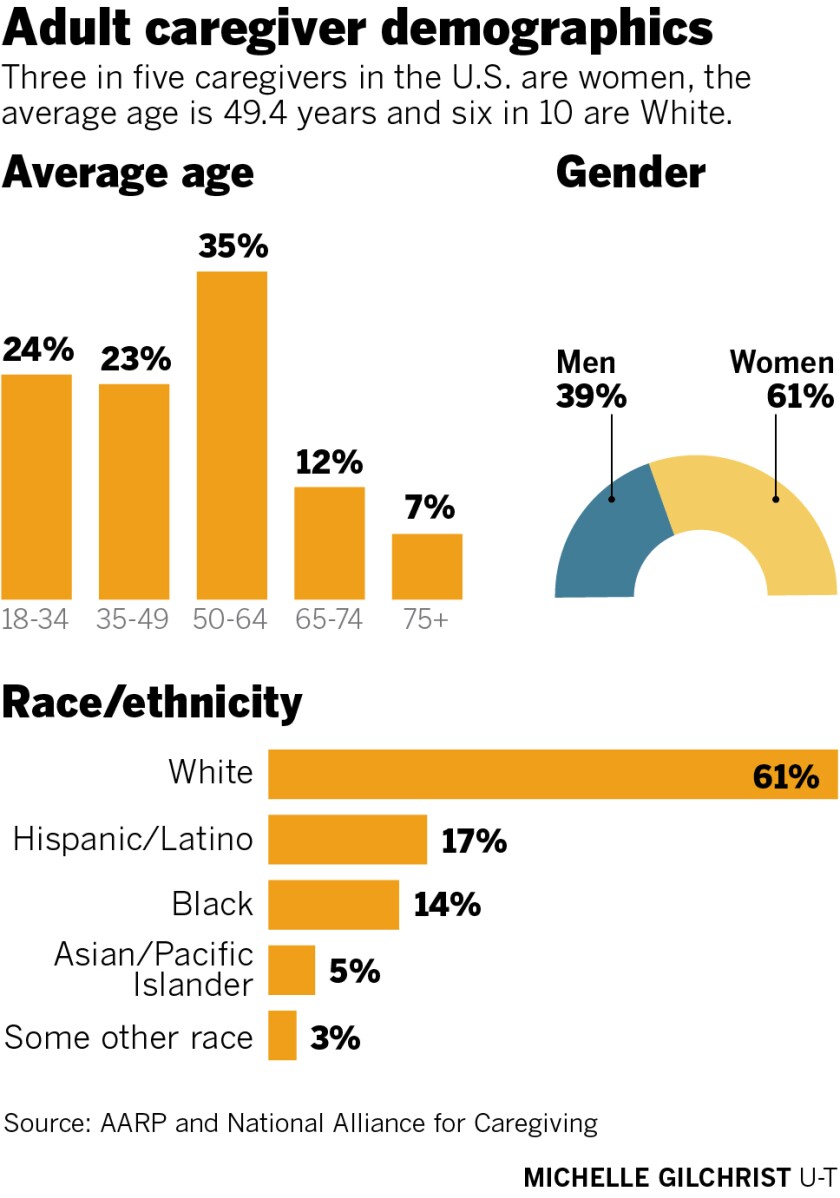
A new study from the National Alliance for Caregiving and AARP found that more than 1 in 5 Americans are unpaid family caregivers, and they’re now more likely to be caring for multiple family members.
The two organizations polled 1,392 participants in an online survey. The questions focused on both the caregivers’ personal traits and their experiences as caregivers.
One change since the study was last conducted five years ago is that family caregivers now span all generations, including millennials (who were born between 1981 and 1996) and Generation Z (all those born after 1997). A greater number of people are also caring for family members with dementia and Alzheimer’s disease.
“I would say that what we’re seeing is that the profile of families that take on a caregiving role is changing, and changing somewhat dramatically with a shift toward more complex roles and responsibilities,” said Lynn Feinberg, AARP senior strategic policy adviser.
Advocates often push for more support for caregivers so they can maintain their own health or “pour from a full glass” while caring for another person. The study confirms that it’s easier said than done.
Among caregivers, 21 percent reported that their own health status was fair or poor, compared with 17 percent when the study was last completed in 2015. And more than half of those polled did not feel like they had a choice when it came to becoming a caregiver.
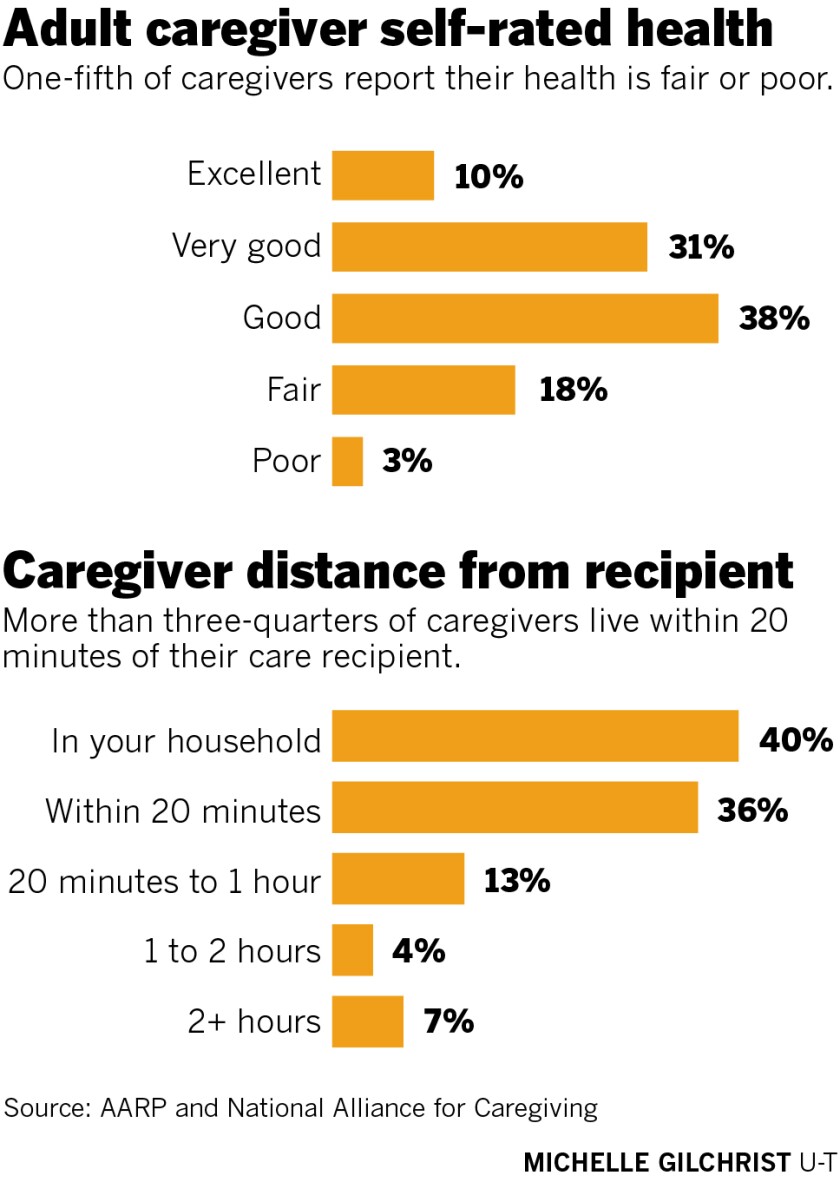
Responses to the family caregiver survey were collected in early 2020, before the widespread social-distancing efforts caused by the coronavirus pandemic. As more businesses and public spaces are allowed to open, adult day care centers and senior outreach programs have largely remained closed because of the increased risk of COVID-19 for senior populations.
Feinberg said that at this time, caregivers are most likely feeling heightened levels of stress and isolation.
“You can only imagine how the pandemic has added uncertainty and stress to these already challenging caregiving situations,” she said.
Reaching out to support groups and organizations that serve caregivers is a key aspect to successfully caring for oneself while caring for a loved one. About 1 in 4 caregivers, however, said it’s difficult to find affordable support services near them.
San Diego has nonprofit and government organizations throughout the county helping caregivers in need, from ailment-specific resources to affordable respite care and beyond. To find caregiver support resources from local, nonprofit organizations throughout the county, check out the CaregiverSD map at https://bit.ly/caregiversdmap.


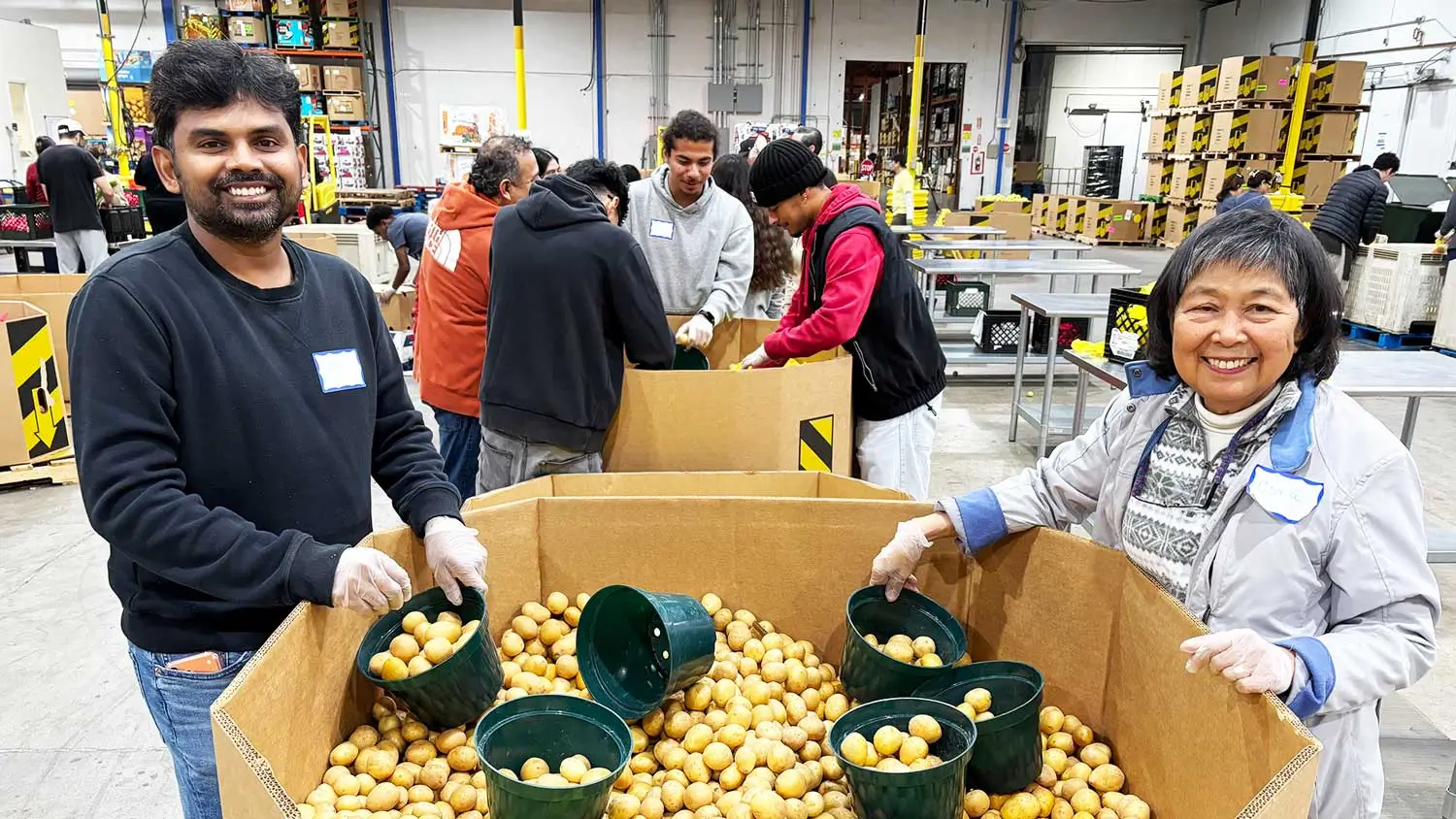

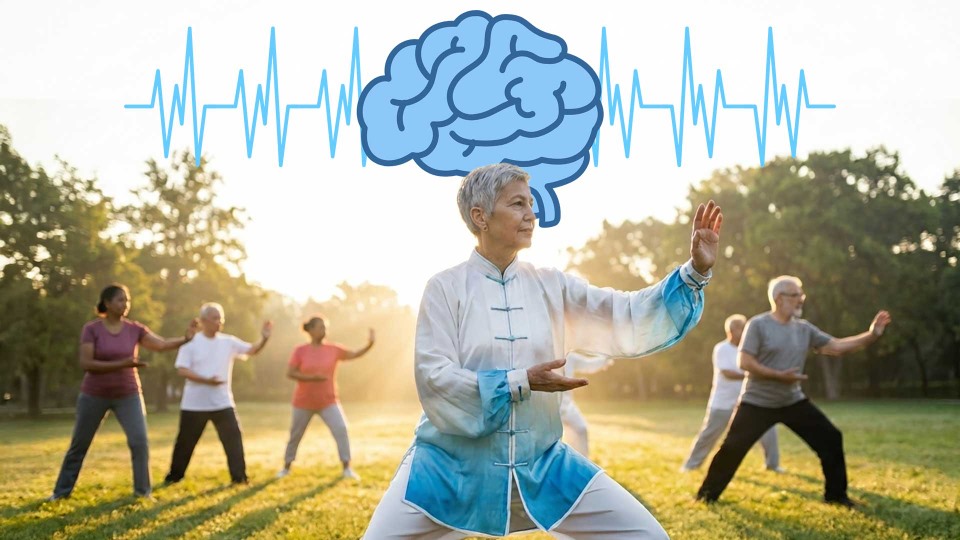
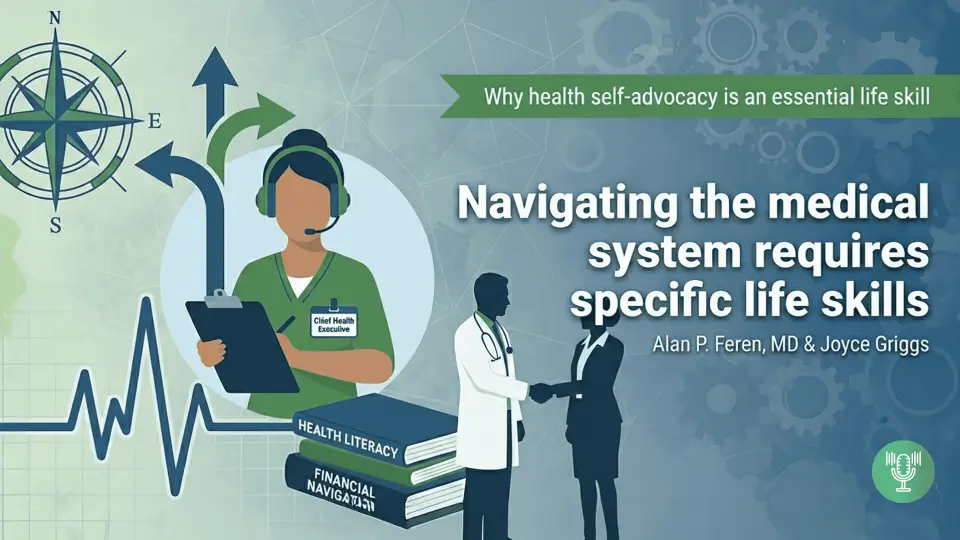

Leave A Comment
You must be logged in to post a comment.